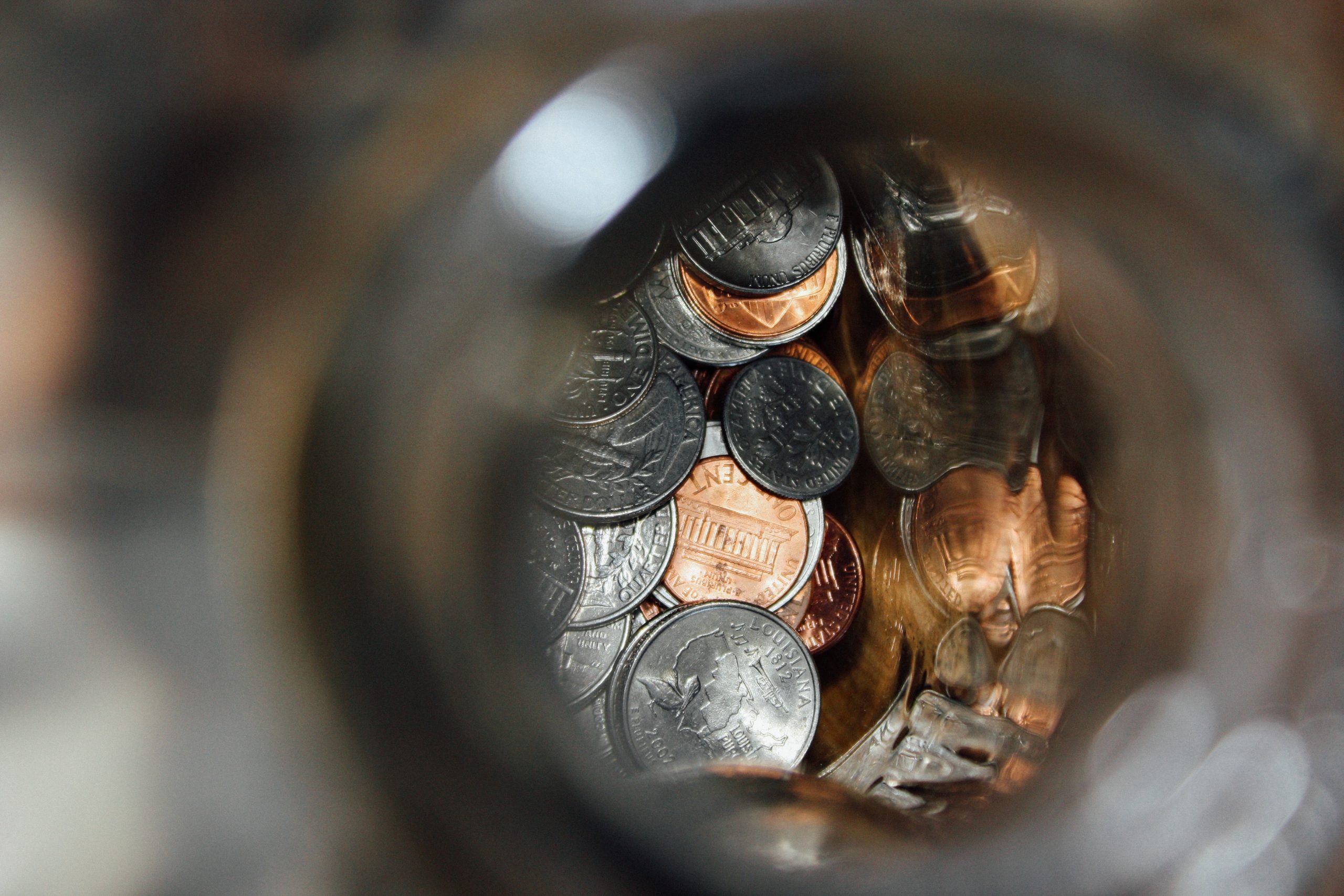What is a CD?
One of your very first banking experiences was probably opening a savings account at your hometown bank. (Nothing makes you feel more grown-up than walking out of the bank with a crisp receipt!)
You’ve since grown up, but you may still think of your bank as a place for checking and savings accounts. And, no doubt, we have plenty of experience with those. But, we offer a lot more when it comes to growing your financial portfolio. A local bank like TFNB offers different saving solutions for individuals and businesses looking for customized rewards.
 One example is a CD, or a Certificate of Deposit. You may have seen these advertised at one of our locations or online. So what is a CD? In short, it’s a unique savings account that can mean greater returns. Below, we break it down further and help you decide whether a CD could be a valuable financial tool for you.
One example is a CD, or a Certificate of Deposit. You may have seen these advertised at one of our locations or online. So what is a CD? In short, it’s a unique savings account that can mean greater returns. Below, we break it down further and help you decide whether a CD could be a valuable financial tool for you.
 One example is a CD, or a Certificate of Deposit. You may have seen these advertised at one of our locations or online. So what is a CD? In short, it’s a unique savings account that can mean greater returns. Below, we break it down further and help you decide whether a CD could be a valuable financial tool for you.
One example is a CD, or a Certificate of Deposit. You may have seen these advertised at one of our locations or online. So what is a CD? In short, it’s a unique savings account that can mean greater returns. Below, we break it down further and help you decide whether a CD could be a valuable financial tool for you.
How does a CD compare to a traditional savings account?
Certificates of Deposit are not the same as traditional savings accounts, yet the two do share some similarities. For instance, both types of accounts are insured by the United States government (via the Federal Deposit Insurance Corporation) up to $250,000 per account. That means that both accounts are one of the safest places you can keep your money. In addition, both CDs and traditional savings accounts are available at most banks for both individuals or businesses. However, the two also feature some key differences. While most savings accounts have low minimum opening amounts (often anywhere from $25 to $100), many CDs have higher minimum opening amounts. It’s not uncommon for CDs to require $500 or $1,000 initial deposits. Additionally, while savings accounts let you deposit and withdraw money rather freely, CDs penalize withdrawals before a certain point, based on the specific term length you agreed to when opening the account. Term lengths vary greatly. Some can be as short as 30 days, while others can be as long as 10 years.What are the benefits of opening a CD?
What CDs lack in flexibility, they make up for in higher interest rates. That’s right: a CD can provide greater earnings on your money than a traditional savings account. Here’s an example: if you deposit $5,000 in a 60-month CD that guarantees 1.50 percent annual interest, you would have $5,389.07 at the end of that 5-year period. If you were to deposit that same amount into a traditional savings account with an APY (annual percentage yield) of 0.09 percent (the national average), you would end up with $5,022.24 at the end of the same 5-year period. You can see from the example above that CDs can offer some significant earnings. Many people choose to invest in CDs because they make low-risk investing more rewarding and offer peace of mind that your money is secure.Is a CD a smart savings option for me?
As we mentioned earlier, CDs have specific term lengths — or periods when the deposit is expected to mature unchanged. Withdrawing funds before the end of the term length results in steep penalties. As a result, CDs affect the liquidity of your savings, so it’s not a good idea to invest emergency funds into a CD. If you think you may need access to your money between now and the end of the term length, you should consider other (more flexible) savings options. We should note that not all CDs are the same. For instance, bump-up CDs offer the option to increase your interest rate if economic fluctuations occur, while jumbo CDs have higher minimum opening deposits (such as $50,000 or $100,000).Get to know your CD options at TFNB.
If you’re considering a CD, be sure to consult your local Waco banker for the options available to you. At TFNB, our CDs offer higher returns than traditional savings accounts and give you saving security — especially during times of economic fluctuation. Visit us at one of our nearby Waco or McGregor locations to speak with a TFNB banker about opening a CD.Share On





